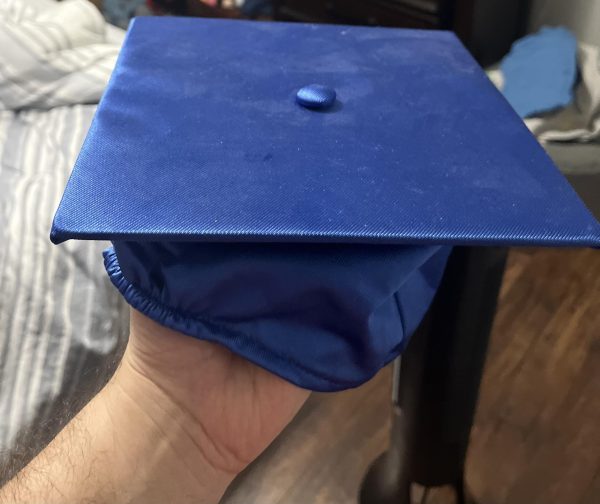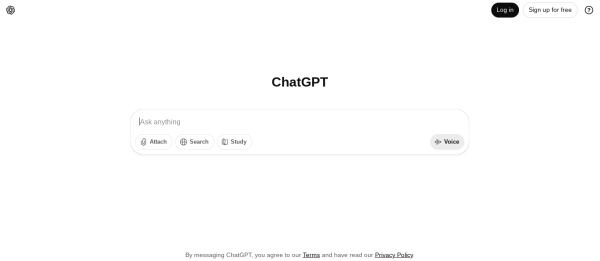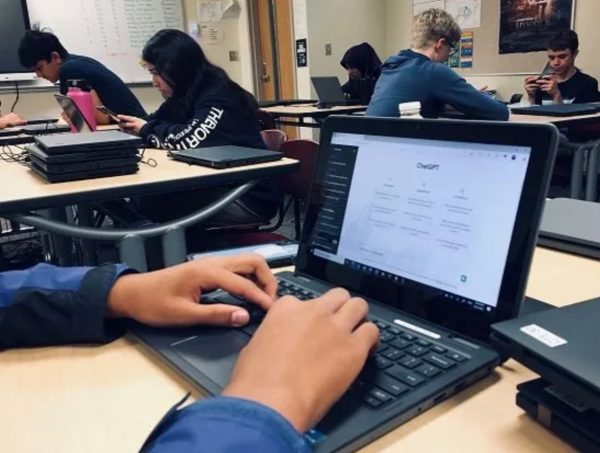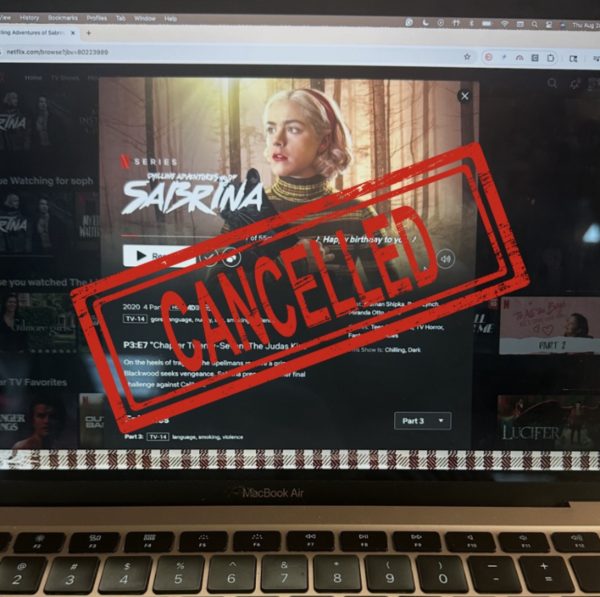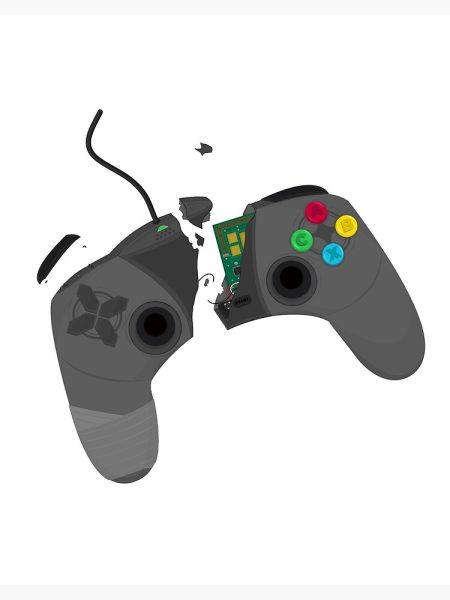College Board Needs to Do Better
College Board currently claims to be a “not-for-profit membership organization committed to excellence and equity in education”. Although in reality, college board is a for-profit organization that most certainly does not allow for excellence nor equity in education.
In 2019, College Board made approximately $150-160 million in profits, creating a profit margin of close to 14%. Perhaps they are able to make all of that extra cash by charging $95 per AP exam, $143 per AP Capstone exams, $52 to take the SAT, and $55 for the ACT (it is of course more if one opts for the exam with an included writing portion). The fact that this company is charging students/schools across the United States to take these tests is absolutely outrageous. There are obviously expenses that go into making the tests, such as hiring people to create the questions and printing out the paper, but that does not amount to the millions of dollars College Board is raking in from these tests each year. Senior Maddy Staub said, “I feel like College Board is not fair to students or parents. For example, it costs a lot of money. If you want to take the SAT it costa round $6o to take the test and most students take it multiple times to get a good score for college admission. As well as paying for your tests you also have to pay to send your scores to selected colleges.”
Not to mention, charging students and schools a large amount of money to take these tests promotes income inequality. The public school system is already underfunded, so take into account the thousands of dollars these schools spend each year to provide tests to these students when the money could instead be spent on programs to help students in need, or to expand educational horizons with new technology. Not to mention it is much harder for a student whose family does not make a lot of income to pay $52 for their child to take the SAT when it is not funded by the school.
That is only the surface level of why College Board does not allow for equity in their system. The cultural bias of standardized testing comes not necessarily from the test itself, but rather from, according to a statistical report by Lynn Letukas, “external factors that play a role in quality education and ultimately student achievement, such as access to rigorous course work, books and stable peer groups, family support and resources, and academic preparation”. Since many minority groups do not have as much access to resources due to the systemic racism in the U.S., when the majority of opportunities for the future such as scholarships and college admissions rely on these standardized test scores, it is harder for them to achieve their goals. This is due to the fact that minority students do not have adequate access to useful educational resources. By making standardized tests essential to the majority of college admissions, and by creating AP tests and classwork that is not accommodating to all students, College Board is just further enforcing the cultural bias that is rooted in the public education system. They are making it harder for students to be successful by doing so.
College Board is most certainly not promoting excellence in education. A majority of high school students who take AP classes cheat on the assignments, whether it be copying another students homework or getting the answers to a test from another student, teenagers are feeling so overwhelmed by the amount of schoolwork for these classes that they feel that the only way to get it all done is to do it dishonestly. When it comes to standardized testing, students are now being taught how to take a test versus how to actually retain and absorb information. The tests no longer measure a student’s intelligence level, but rather just their ability to take a test.
Overall, College Board is a worn out organization that needs a major upgrade. The claim to promote growth of students, yet their constantly increasing standards and workload only continue to tire students out. College Board, please do better. For the sake of teachers, for the sake of students, and for the sake of our future.




